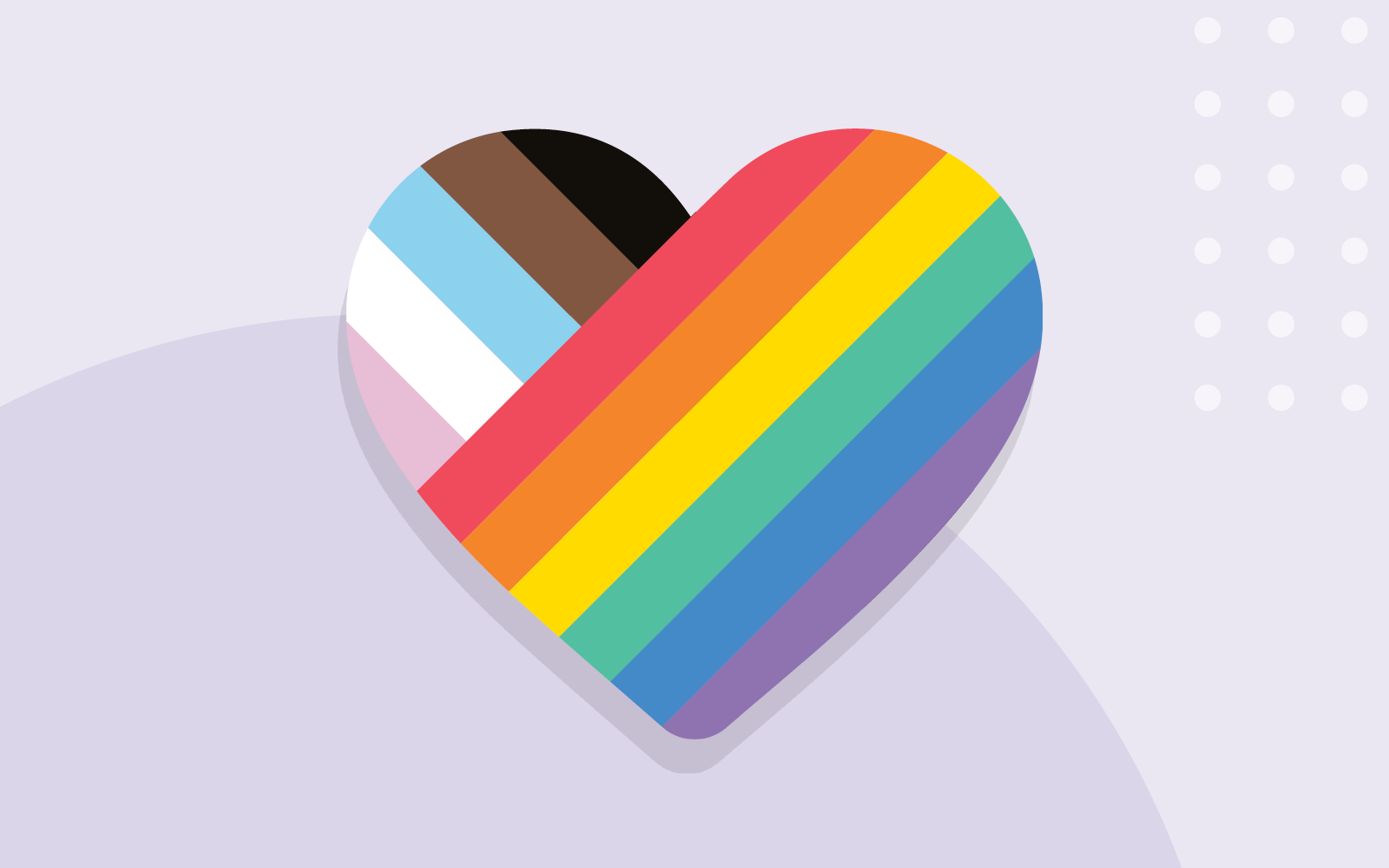Today marks 20 years of IDAHOBIT, a day that draws attention to the violence and discrimination experienced by lesbian, gay, bisexual, trans, intersex people, and all of those with diverse sexual orientations, gender identities or expressions, and sex characteristics, across the world. This year’s theme, “No one left behind: equality, freedom and justice for all” was decided through extensive consultations with LGBTQIA+ organisations from around the world.
This theme was developed to allow for advocacy and celebrations in many forms and to also call for unity: only through solidarity for each other will we create a world without injustice, where no one is left behind.
Within the NHS, many members of the LGBTQ+ community still face health inequalities and barriers to care. In addition to patients, many LGBTQ+ colleagues within the NHS also face discriminatory behaviour. The recent British Medical Association Survey undertaken in 2022 in conjunction with the Association of LGBTQ+ Doctors and Dentists (GLADD) found, that:
- Many LGBTQ+ people still do not feel comfortable to be completely open with everyone in their workplace about their sexual orientation and/or gender identity.
- There are notable differences in views on the extent to which homophobia and biphobia still exist within medicine.
- Transphobia is more widely recognised as an ongoing issue within medicine, but not by everyone.
- Experiences of homophobic, biphobic and transphobic behaviour in medicine are not uncommon.
- ‘Low-level’ microaggressions, ‘jokes’ and ‘banter’ continue to be widely experienced.
- Discrimination and harassment persist and most incidents go unreported, with people who witness homophobic, biphobic or transphobic behaviour directed at others are also unlikely to report it.
- Homophobia, biphobia and transphobia are driving some LGBTQ+ people from the profession.
- People who are not LGBTQ+ perceive their environments to be more inclusive and supportive of all sexual orientations and gender identities than those from within the LGBTQ+ communities.
- LGBTQ+ people are also less likely to agree that their places of work or study are safe places for people of all sexual orientations, and particularly for trans and non-binary people.
- There is more to be done to improve the visibility of measures to support inclusion.
- The majority of respondents think the people around them are generally supportive of LGBTQ+ people.
- Despite negative experiences, many LGBTQ+ people are optimistic that things are changing for the better.
- People who thought that medicine was becoming more LGBTQ+ inclusive felt that more people being open about their identity, increased visibility, more awareness and education, and wider changes in societal attitudes towards LGBTQ+ people were the main reasons for the change.
- People who thought medicine was becoming less inclusive felt that polarisation of discussion, the development of ‘us and them cultures’, and perceived conflicts between the rights and beliefs of different groups, were having a negative impact.
- Respondents put forward a range of ideas and actions to create more inclusive cultures.
- There should be zero tolerance of discrimination in any form.
The Survey highlighted that there is still much work to do to improve inclusion within the workplace. With this in mind, it is important that we engage with diverse media and literature to help broaden our understanding of diverse groups. One of the ways that we can do this is engaging with the following resources:
- Join the Health and Care LGBTQ+ Leaders Network, open to LGBTQ+ leaders, aspiring leaders and allies to help influence change across the system.
- Sign up for the Health and Care LGBTQ+ Leaders Network bulletin to stay up to date with network news and activities.
- Join NHS Employers Network of LGBTQ+ Networks open to chairs and leads of LGBTQ+ staff networks working across health and care.
- Read Leading for All: Supporting Trans and Non-binary Healthcare Staff which provides healthcare leaders with the information and tools to effectively support trans and non-binary staff
,and create an inclusive culture for all. - Read NHS Employers LGBT+ History Month blog from Alex D’Sa to find out what The King’s Fund has been doing to support inclusion and to become a Stonewall Top 100 Employer.
- Access tools, resources, and best practice to help you create a culture and environment that supports LGBTQ+ staff.


